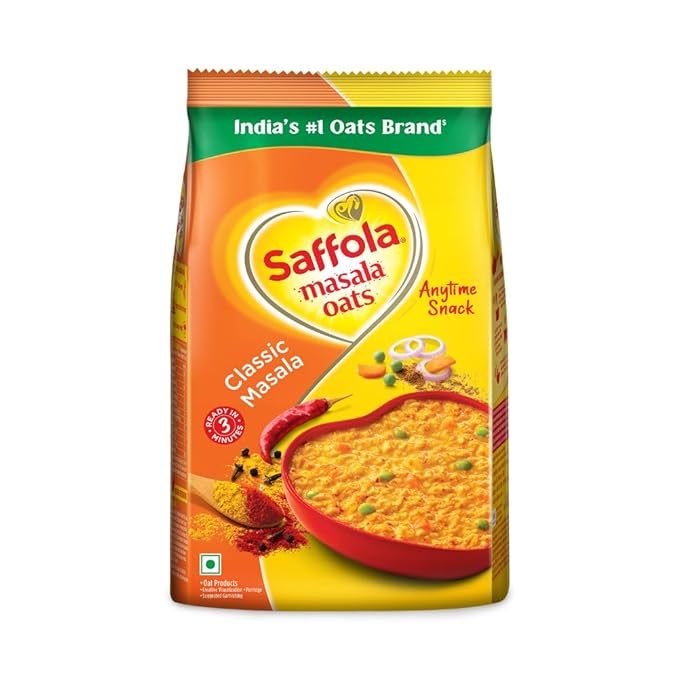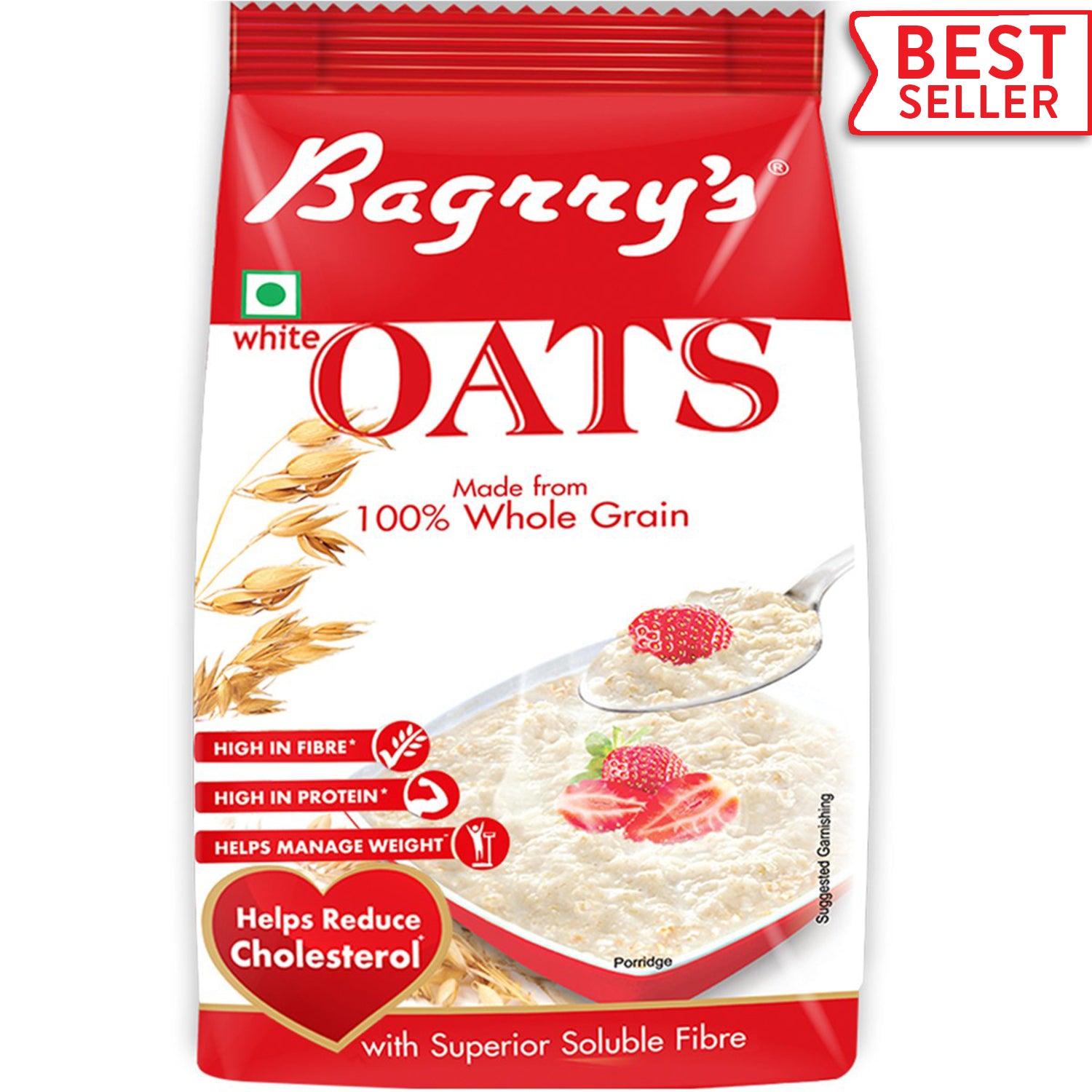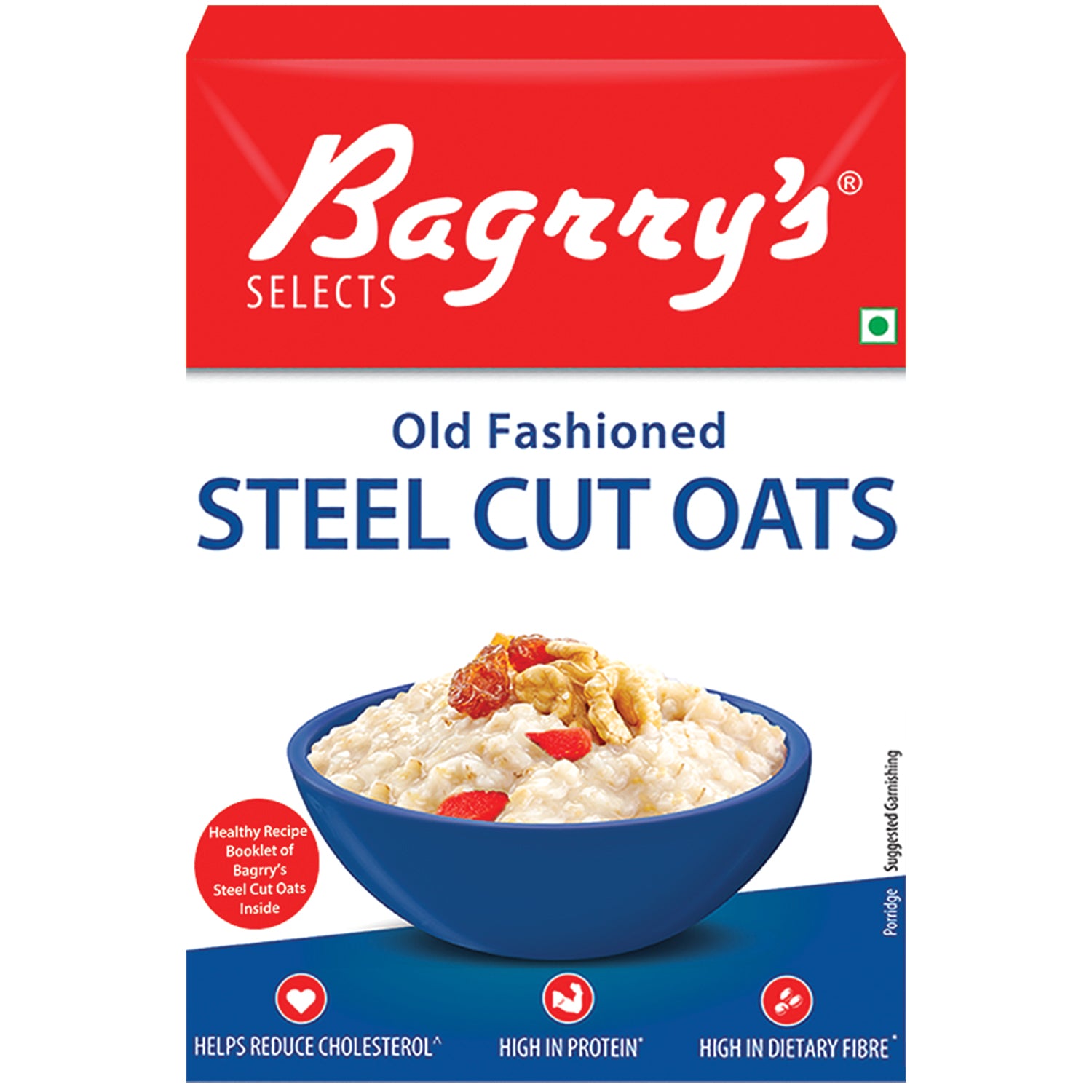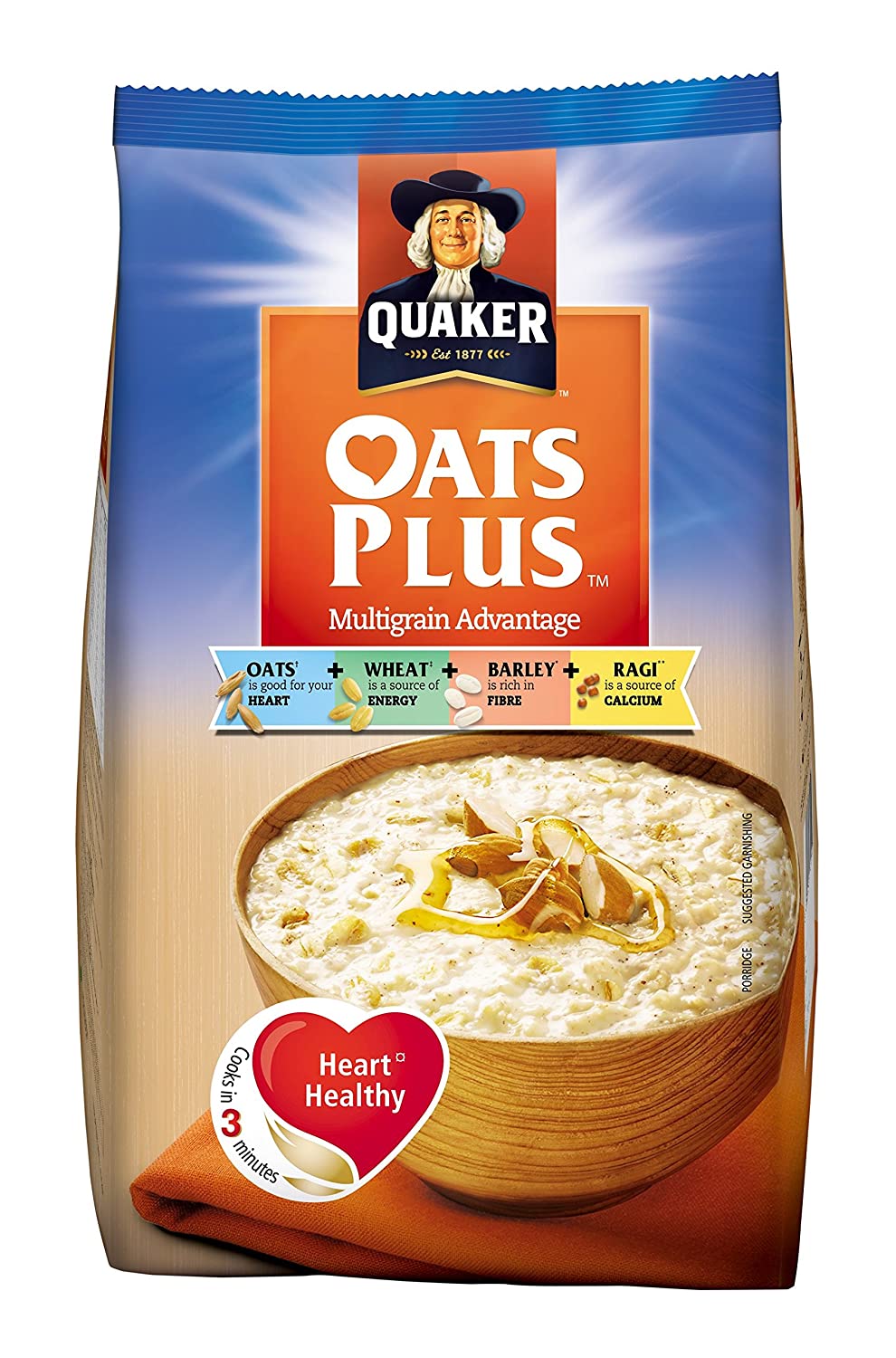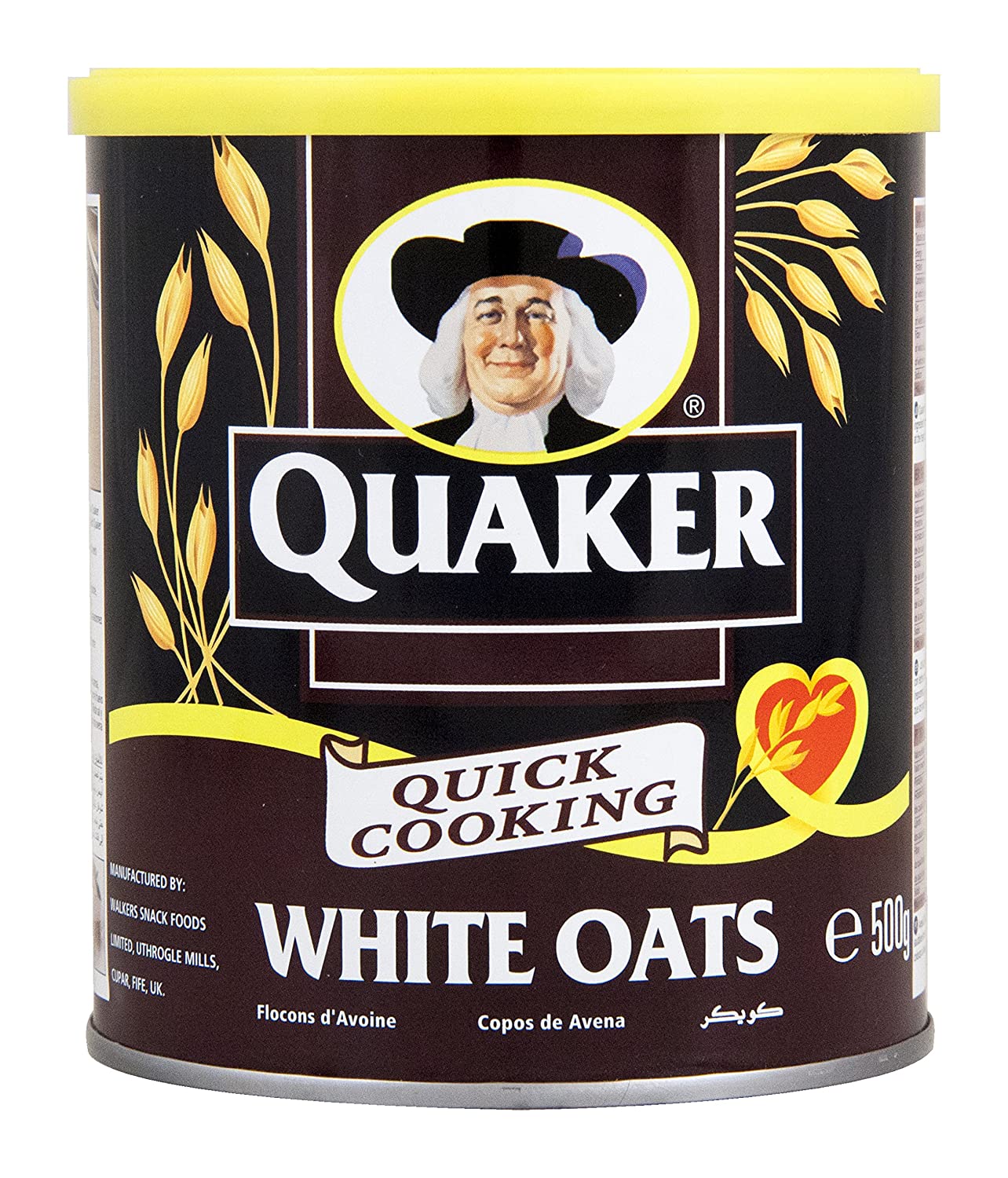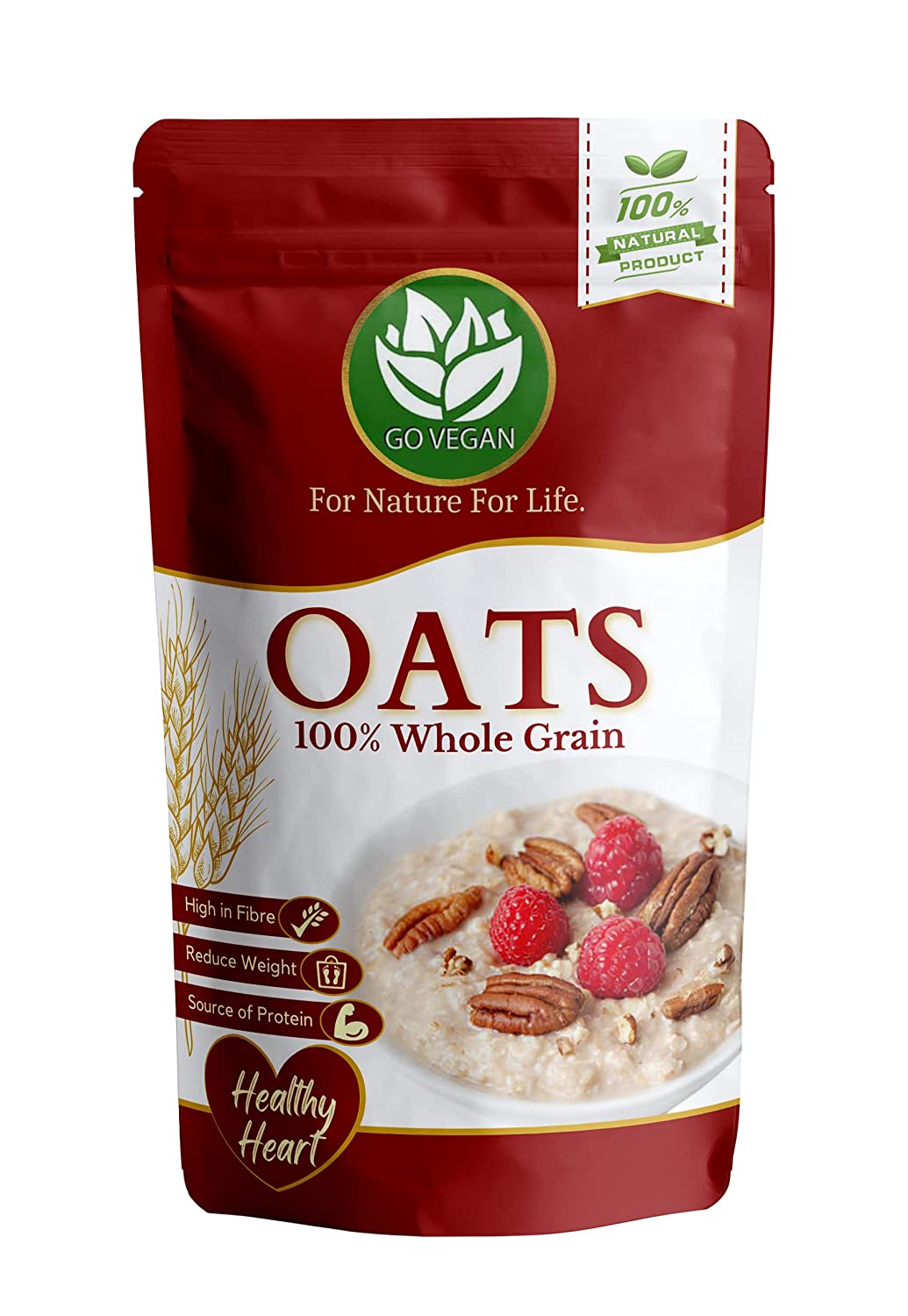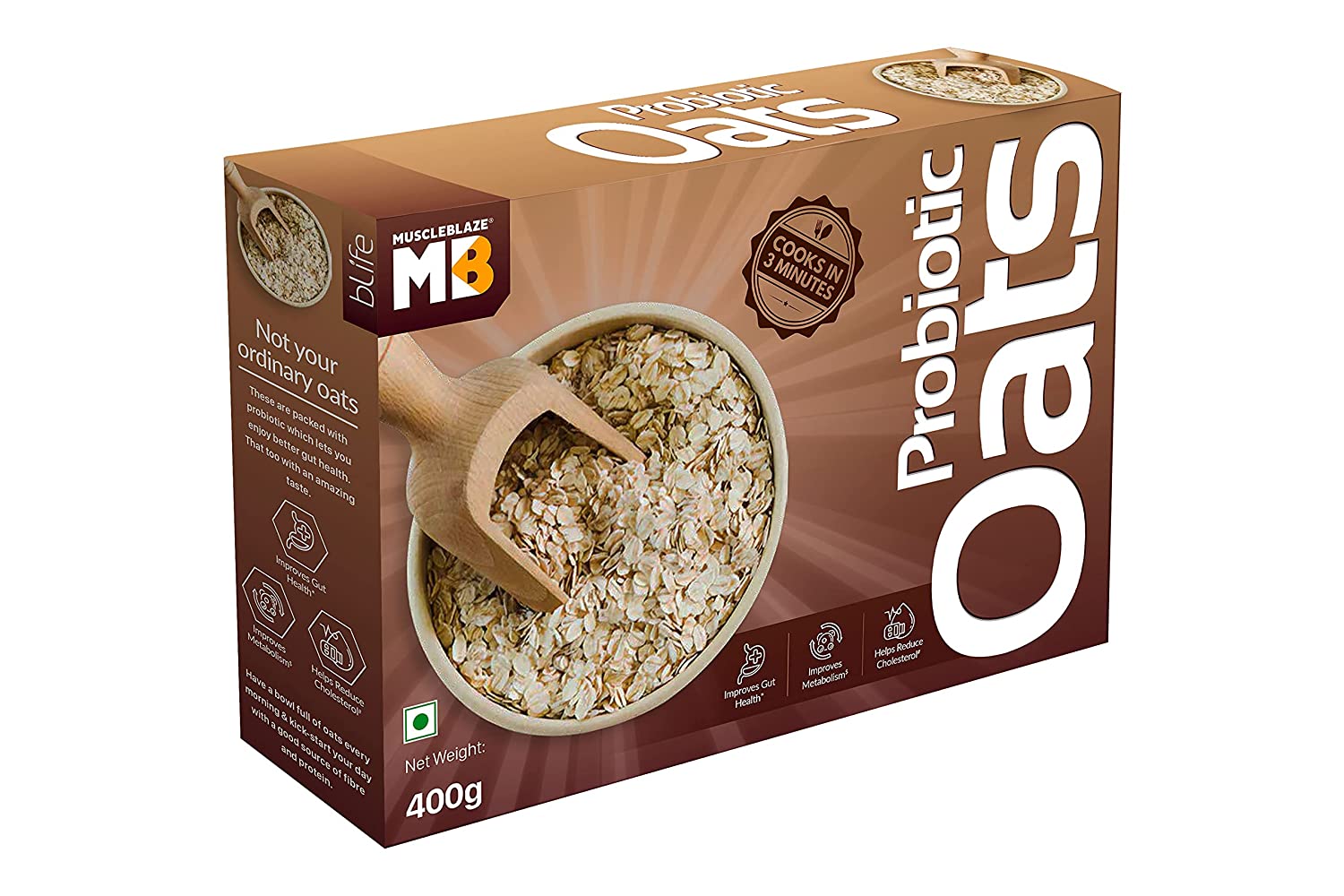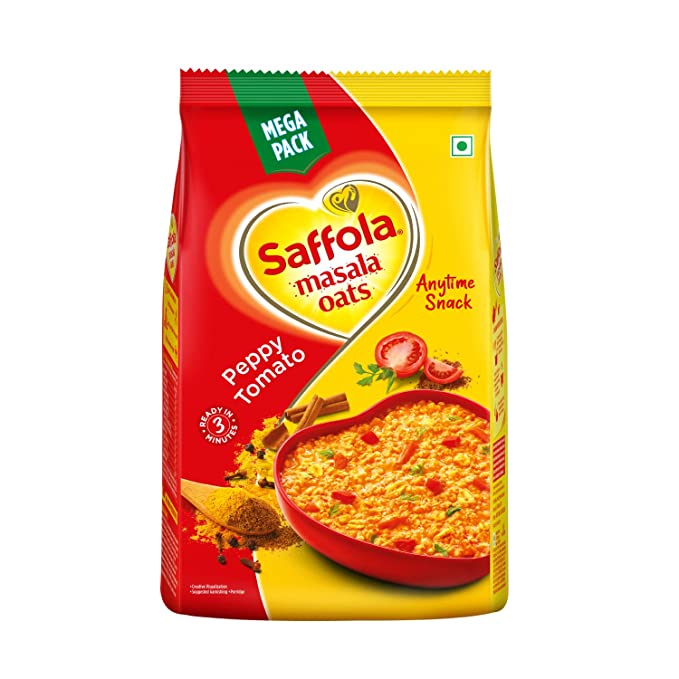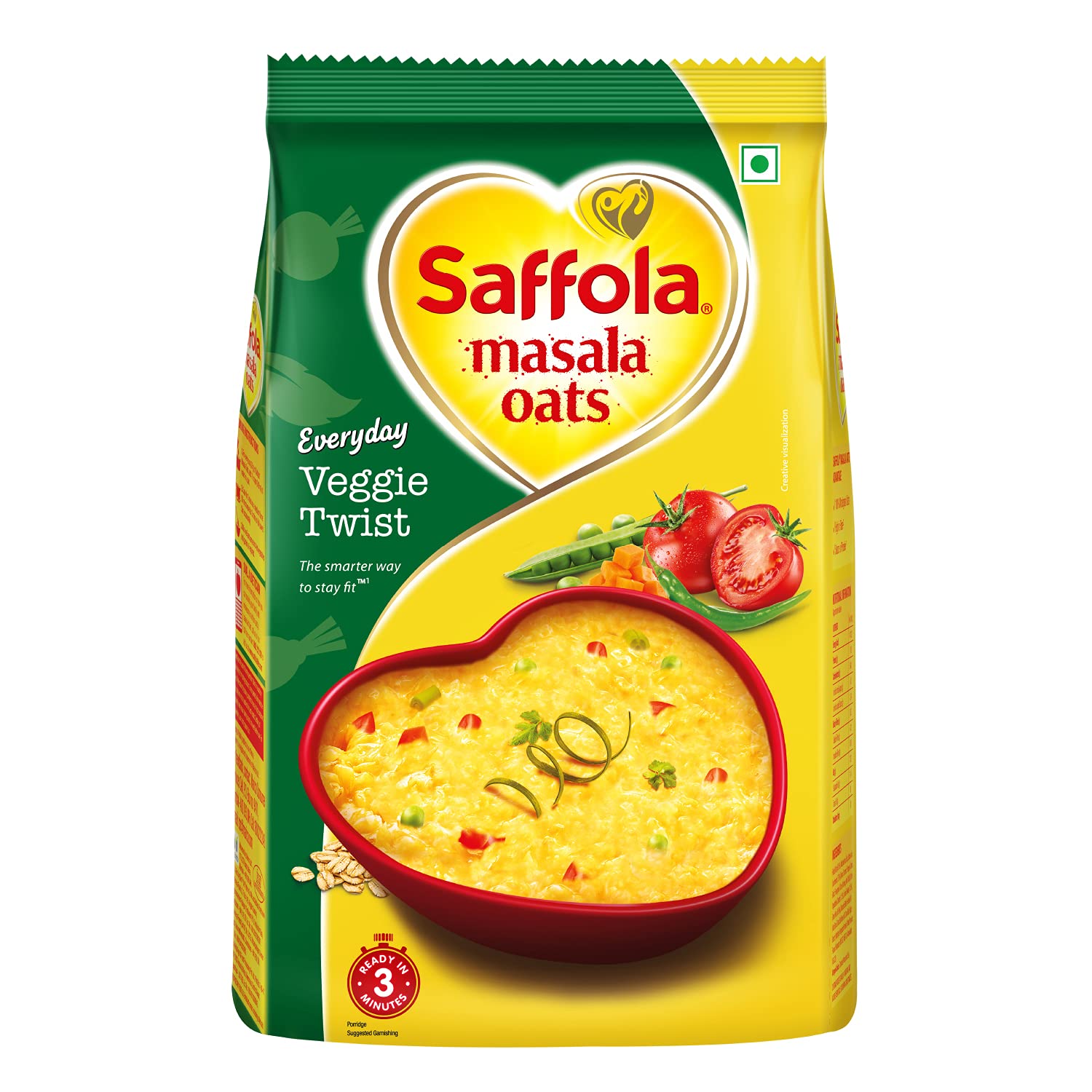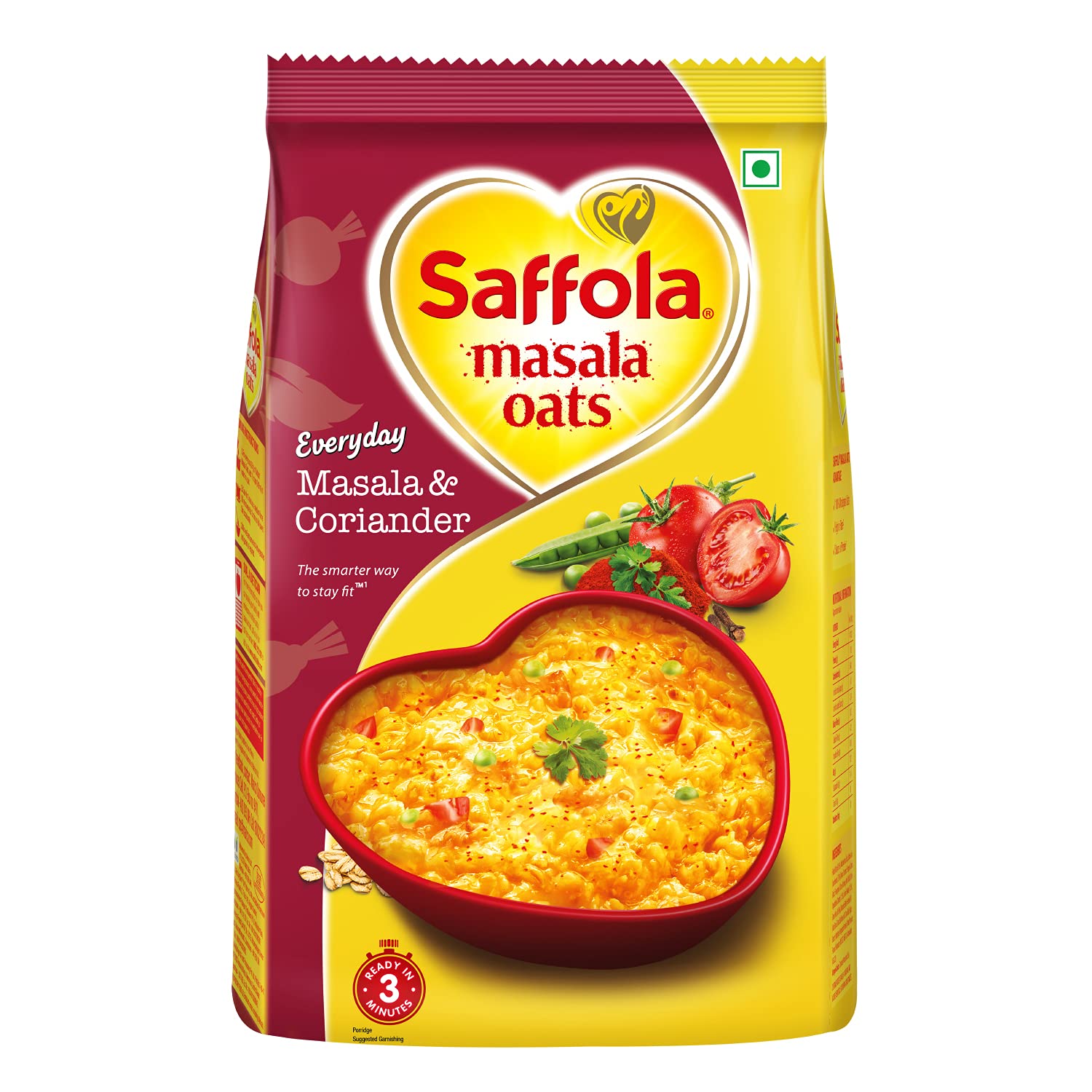Insoluble Dietary Fibre
Macronutrient
Last update date: October 12, 2023
Insoluble dietary fibres don't absorb water. It also includes hemicellulose and plant cellulose.
Frequently Asked Questions
1.
What is Insoluble Dietary Fibre?
Insoluble dietary fiber refers to a type of fiber that remains largely unchanged as it passes through the digestive system. Unlike soluble fiber, it does not dissolve in water or gastrointestinal fluids. Insoluble fiber adds bulk to our stool, promotes regularity, and helps prevent constipation. It aids in maintaining a healthy digestive system by speeding up the passage of food through the intestines, contributing to overall colon health.
2.
What is positive impact of Insoluble Dietary Fibre?
Insoluble fiber plays a crucial role in our overall well-being. It positively impacts our health in the following ways: Digestion: Insoluble fiber accelerates the digestion process, keeping our bowels regular and preventing constipation. It adds bulk to stool, making it easier to pass through the intestines. Colon health: Some types of insoluble fiber are fermentable by the bacteria in our colons, which contributes to the health of our colon. While soluble fibers are highly fermentable, insoluble fiber still offers benefits in this aspect. Weight management: Insoluble fiber aids in weight management by providing a feeling of fullness, which can help control appetite and prevent overeating. Blood sugar control: Insoluble fiber may help regulate blood sugar levels by slowing down the absorption of sugars into the bloodstream, which can be beneficial for individuals with diabetes or those at risk of developing it. Heart health: Consuming adequate amounts of insoluble fiber has been associated with a reduced risk of heart disease, as it helps maintain healthy cholesterol levels and lowers blood pressure.
3.
What are the side effects of insoluble fiber
Excessive consumption of insoluble dietary fiber can lead to stomach discomfort, low nutrient absorption, diarrhea, intestinal issues, and constipation. It may cause bloating, abdominal cramps, and worsened symptoms in individuals with certain gastrointestinal conditions. Insoluble fiber can also interfere with nutrient absorption. Sudden increases in intake without proper hydration can result in loose stools or diarrhea, while inadequate fluid intake alongside high fiber consumption can worsen or cause constipation. It's crucial to find a balance in fiber intake and consult a healthcare professional for personalized guidance, especially if you have specific gastrointestinal concerns.
4.
Who should avoid Insoluble Dietary Fibre?
Individuals with gastrointestinal conditions like Crohn's disease or ulcerative colitis may need to limit their insoluble dietary fiber intake. These conditions can cause inflammation and sensitivity in the digestive tract, and excessive insoluble fiber might aggravate symptoms. Additionally, those who have recently undergone gastrointestinal surgery or have a history of bowel obstructions should consult their healthcare provider to determine the appropriate fiber intake. Tailoring dietary choices based on specific health needs is crucial.
5.
What are some sources of insoluble dietary fiber?
Insoluble dietary fiber can be found in various plant-based foods. Whole grains like whole wheat bread, brown rice, and oats are rich sources of insoluble fiber. Vegetables such as broccoli, carrots, and dark leafy greens, along with fruits like apples and berries (with their skins), contribute to your insoluble fiber intake. Legumes like beans and lentils are not only packed with plant-based protein but also provide a good amount of insoluble fiber. Nuts and seeds like almonds, chia seeds, and flaxseeds are nutritious options that can be enjoyed as snacks or added to meals. Including these fiber-rich foods in your diet can support digestive health and overall well-being.


